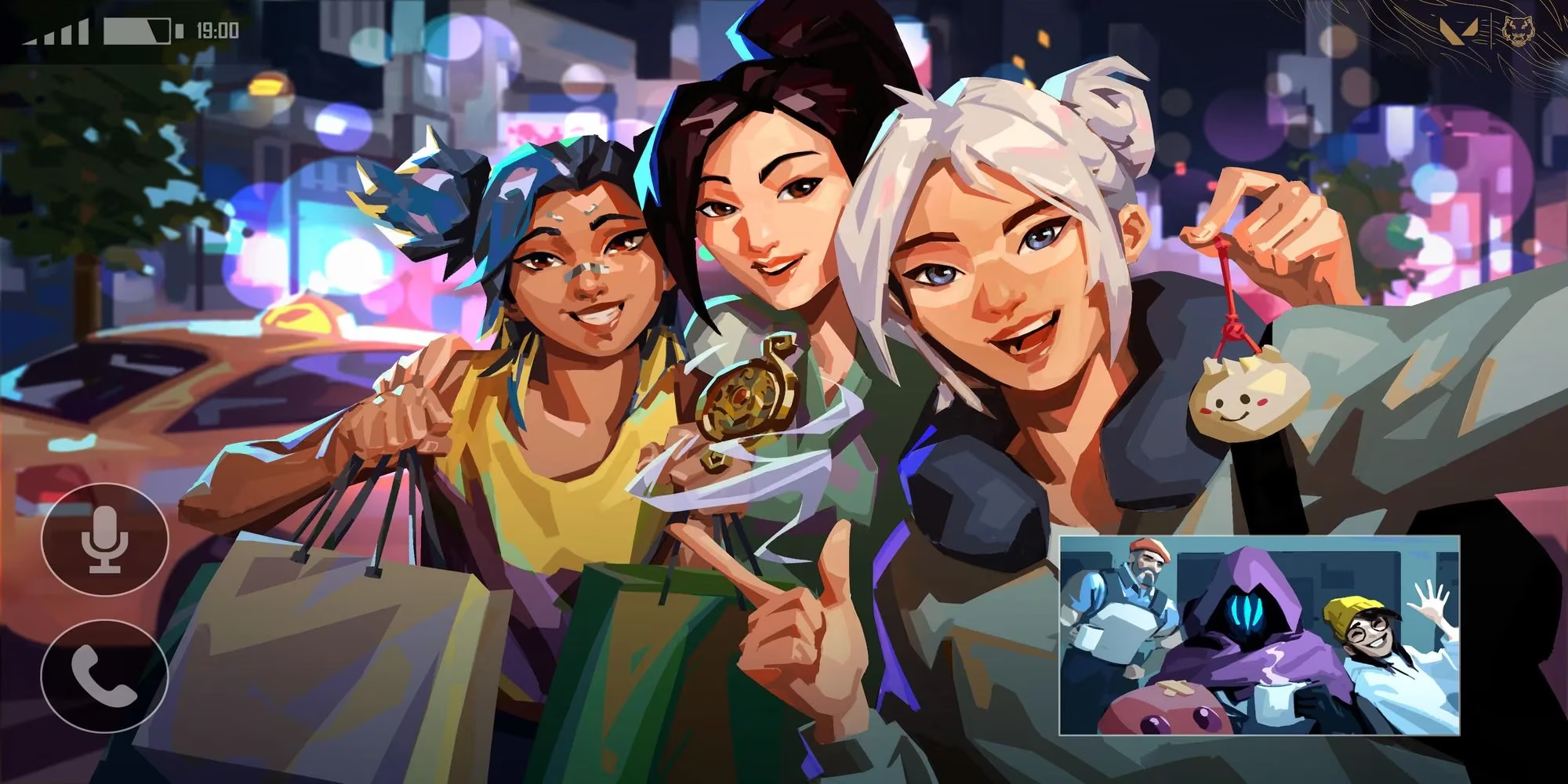My Personal Take on Riot's New Betting Sponsorships in Esports
Riot's esports betting sponsorships raise concerns about gambling addiction and youth exposure, highlighting the need for stronger safeguards in gaming.
As a dedicated player of Valorant and League of Legends since their early days, I vividly remember the excitement of hopping into a new match with friends, strategizing over voice chat, and celebrating hard-fought victories. But when Riot Games announced in early 2025 that Tier 1 teams in the Americas and EMEA regions can now partner with betting companies for sponsorships, my initial thrill turned to deep concern. 😟 I've seen firsthand how microtransactions and loot boxes have blurred the lines between gaming fun and gambling addiction—especially among my younger cousins who spend hours chasing rare skins. Now, with this move, Riot is stepping into a high-stakes arena where the thrill of esports could easily morph into a gateway for irresponsible betting. How can we, as players, ensure this doesn't spiral out of control?

Digging deeper into Riot's strategy, they claim this is all about creating a "safe and regulated way" for betting in esports. According to their official statements, they're aiming to bring in more revenue for teams while keeping risks in check—citing matchfixing scandals in Valorant as a wake-up call. 🤔 But let's be real: gambling is inherently addictive, and as someone who's witnessed friends lose hundreds on in-game purchases, I can't help but question if Riot's safeguards are strong enough. For instance, they've pledged that their own broadcasts and social channels will remain betting-free—no ads, no sponsored segments, and no logos on team jerseys. That's a relief, right? Yet, it feels like a band-aid solution when teams can still promote betting content on their own platforms, potentially exposing impressionable young gamers. After all, isn't this similar to how cigarettes were once glorified before being hidden behind warnings? The parallels to real-world addiction issues make my skin crawl.
Reflecting on my gaming journey, the rise of gambling elements has been gradual but alarming. In recent years, battle passes and loot boxes have normalized the "pay-to-win" culture, and now esports betting apps are popping up everywhere. Riot argues that engaging responsibly is better than letting others define the space, but as a player, I've seen how easily access leads to abuse. Take the Federal Trade Commission's case against Genshin Impact—they fined the company $20 million for misleading kids about in-game costs and odds. That case hit close to home for me; my nephew got hooked on rare item drops, and it took family intervention to curb his spending. Riot's move might be well-intentioned, but without strict oversight, it risks amplifying these problems. Here's a quick list of my top worries based on what we know:
-
✅ Riot's Protections: No betting ads on their channels, which is a positive step to reduce visibility.
-
❌ Accessibility Issues: Betting sponsorships could make gambling seem cool and accessible, especially to minors—remember how loot boxes already mimic casino mechanics?
-
⚠️ Integrity Threats: Cheating and matchfixing are real dangers, as seen in past Valorant incidents. Can Riot truly police this?
-
😔 Addiction Multiplier: Combining microtransactions with betting creates a perfect storm for addiction. I've felt the pull myself during late-night sessions.
Now, let's consider the broader implications. Riot insists this will boost esports revenue and create jobs, but as a community member, I wonder: at what cost? The FTC's actions show regulators are cracking down, yet Riot's plan feels like walking a tightrope. How do we balance innovation with protection? Personally, I'd love to see more focus on fair play and fan engagement rather than monetizing through betting. After all, gaming should be about camaraderie and skill, not financial risks. 😊
In wrapping up, this announcement isn't just business as usual—it's a pivotal moment that could reshape our gaming culture. As players, we have a voice. Let's use it to demand transparency and responsible practices from Riot. Share your experiences and join the conversation to keep esports safe and fun for everyone. Together, we can turn the tide! 💪
For more perspectives on the evolving intersection of gaming, esports, and industry trends like betting sponsorships, check out SLGDaily, a dedicated slg news blog that covers the latest developments and community discussions in the gaming world: SLGDaily.